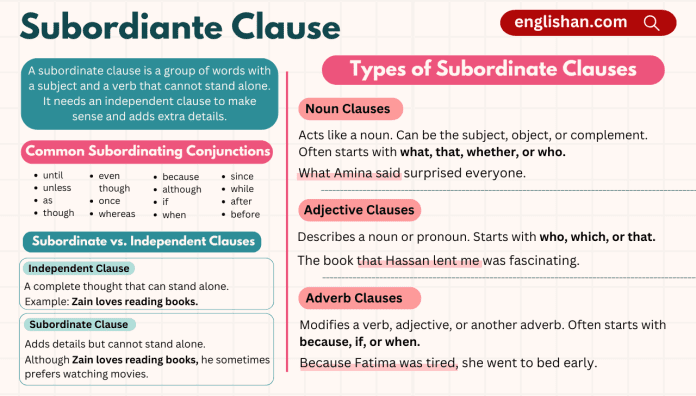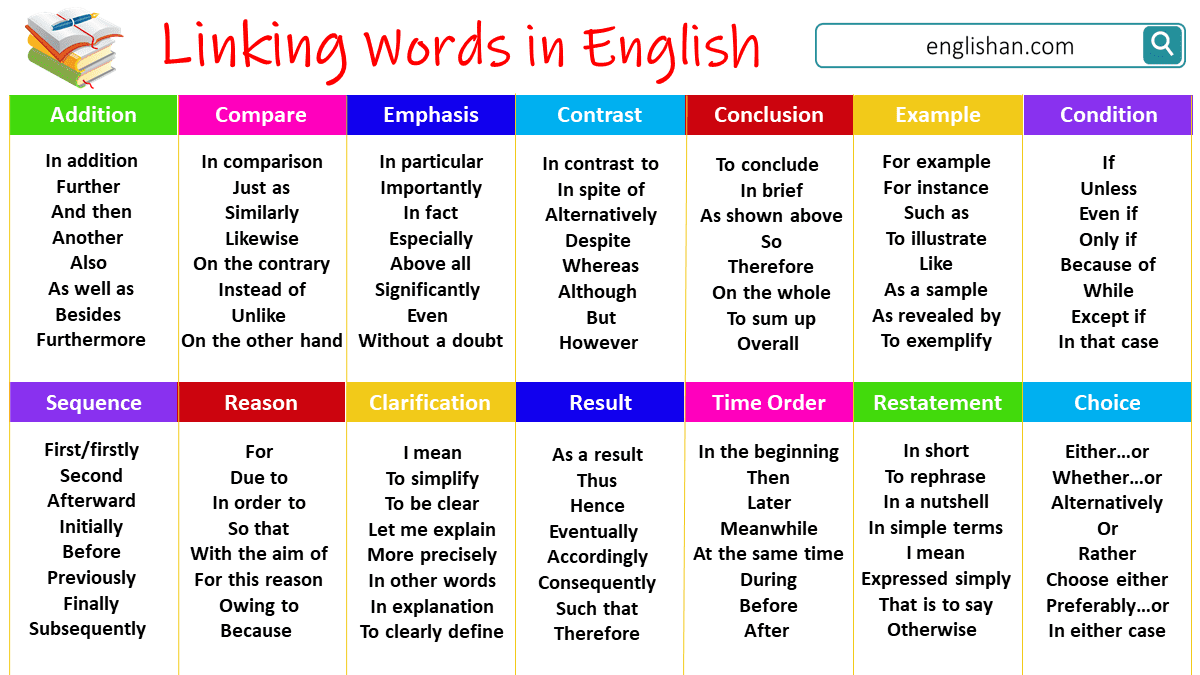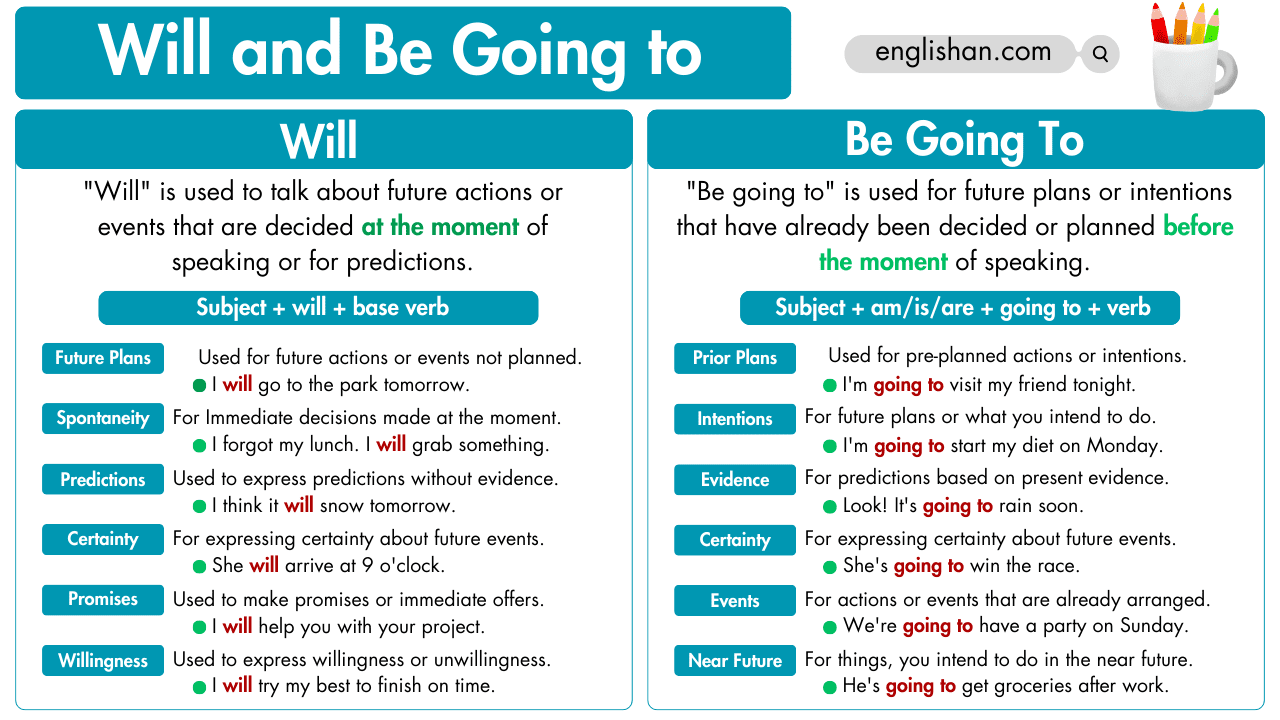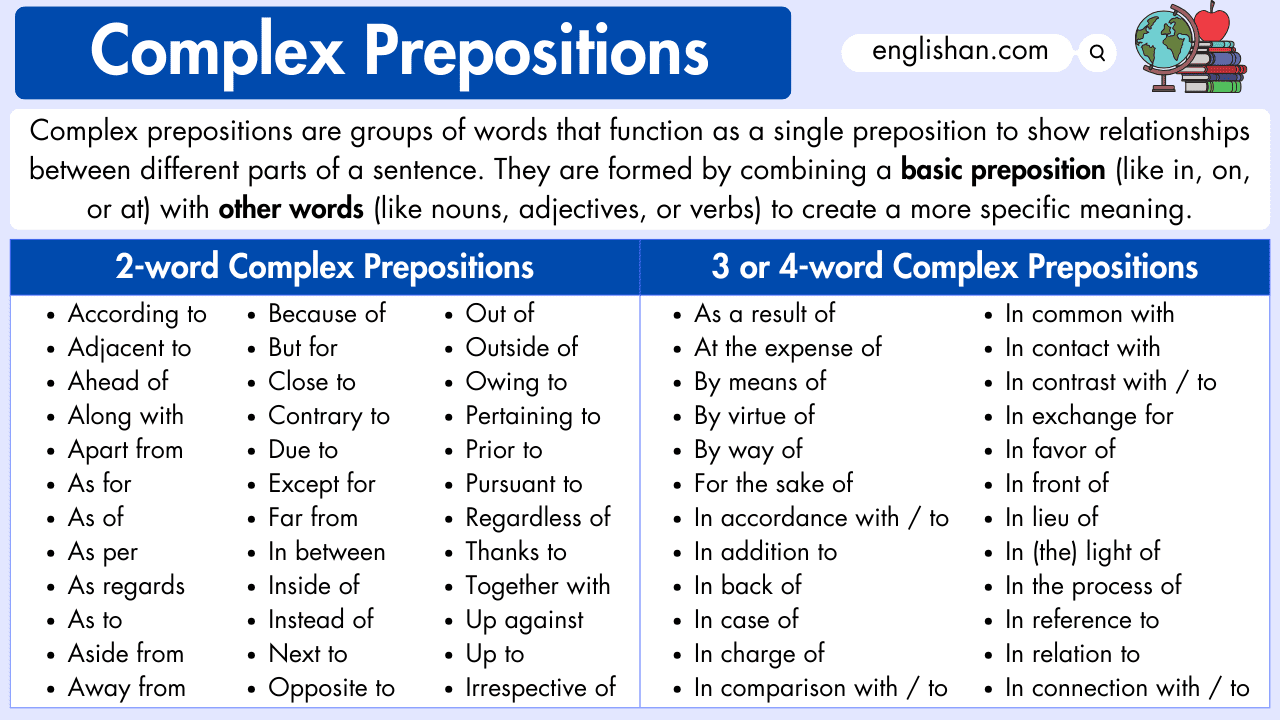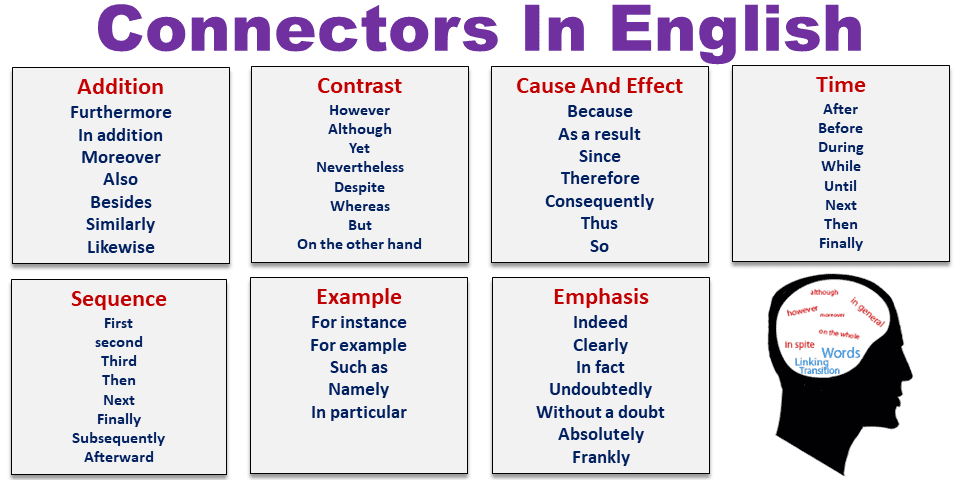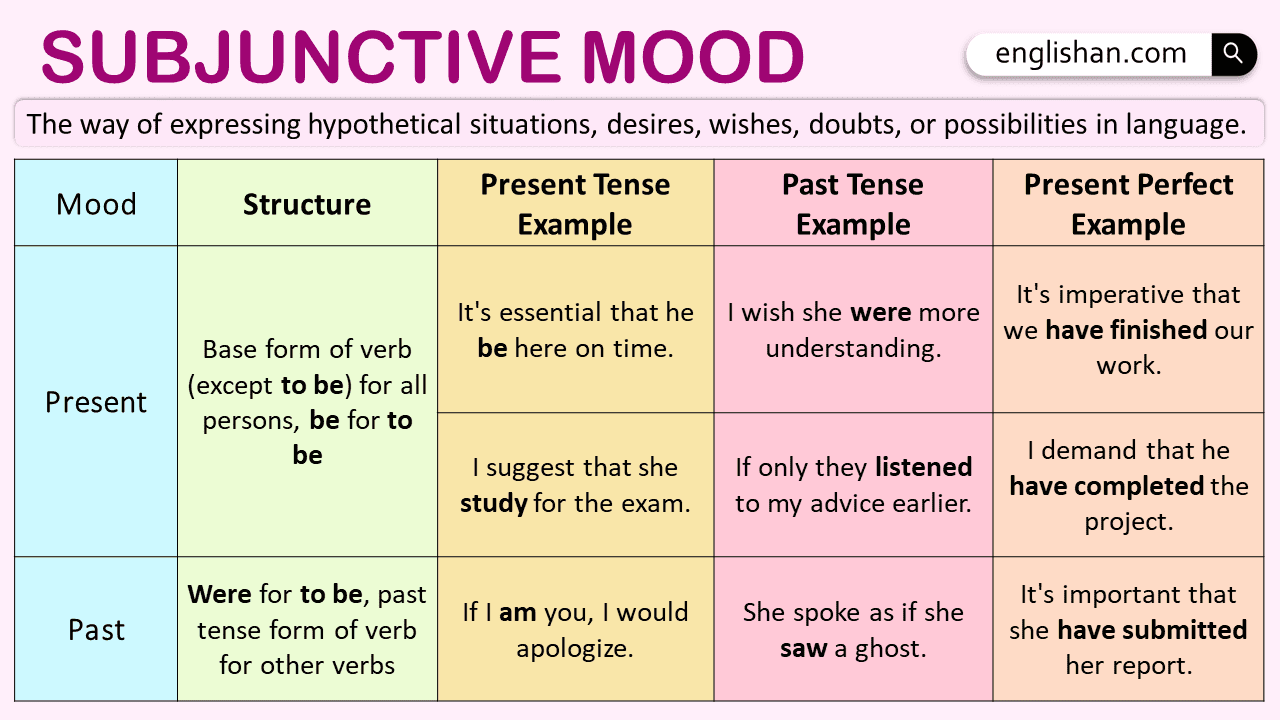Contents
In English grammar, a subordinate clause is a group of words that adds extra information to a sentence but can’t stand alone as a complete thought. Learning about subordinate clauses helps you make more complex and interesting sentences.
What is a Subordinate Clause?
A subordinate clause is a group of words that has a subject and a verb but doesn’t express a complete thought. It needs to be connected to an independent clause to make sense. It adds details to the main clause, making the sentence more meaningful.
Subordinate clauses often start with a subordinating conjunction like because, although, if, or when. These words link the subordinate clause to the main part of the sentence and show how the two ideas are connected. Knowing how to use subordinate clauses helps you write better complex sentences.
Types of Subordinate Clauses
English has three main subordinate clauses: nouns, adjectives, and adverbs. Each type has a different job in a sentence.
- Noun Clauses
A noun clause acts like a noun in a sentence. It can be the subject, object, or complement. These clauses often start with words like what, that, whether, or who.
Example: What Amina said surprised everyone.
In this example, “what Amina said” is a noun clause that acts as the subject.
- Adjective Clauses
An adjective clause (a relative clause) describes a noun or pronoun and gives more information about it. It usually starts with a relative pronoun like who, which, or that.
Example: The book that Hassan lent me was fascinating.
Here, “that Hassan” lent me is an adjective clause that gives more details about the book.
- Adverb Clauses
An adverb clause modifies a verb, adjective, or another adverb. It tells you things like time, reason, condition, or contrast and often starts with a Subordinating conjunction.
Example: Because Fatima was tired, she went to bed early.
In this example, “Fatima was tired” is an adverb that explains why she went to bed early.
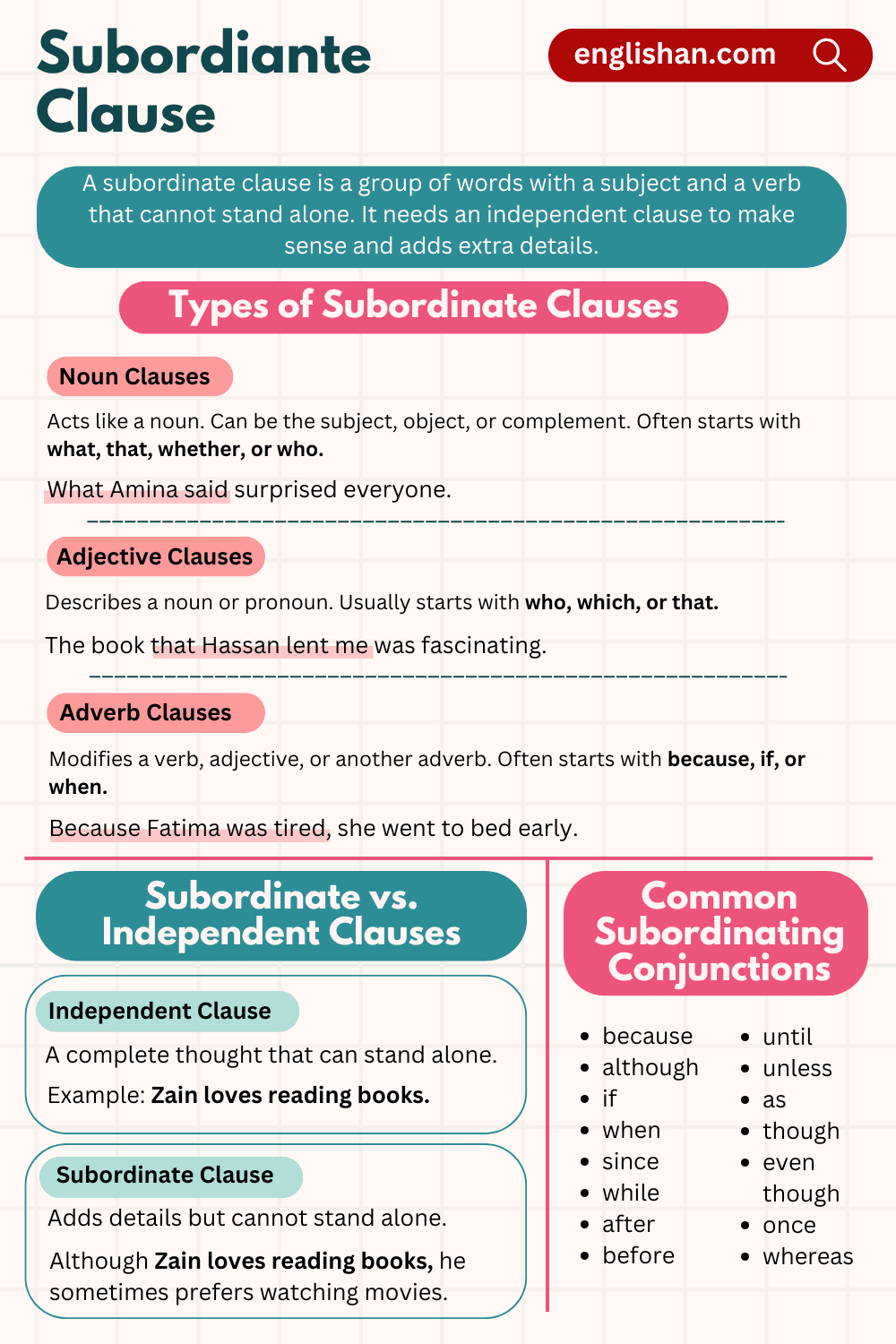
Where to Put a Subordinate Clause in a Sentence
You can put a subordinate clause at a sentence’s beginning, middle, or end. Its position can change the emphasis of the sentence.
- Beginning: If it rains tomorrow, we will stay indoors.
- Middle: The teacher, who was very patient, explained the problem again.
- End: I will call you when I get home.
Understanding sentence structure and where subordinate clauses fit helps you create more complex and compound sentences that are interesting to read.
Subordinate Clause vs. Independent Clause
An independent clause is a complete thought and can stand alone as a sentence. A subordinate clause cannot stand alone and depends on the main clause to make sense.
Example:
- Independent Clause: Zain loves reading books.
- Subordinate Clause: Although Zain loves reading books, he sometimes prefers watching movies.
In this sentence, “although Zain loves reading books” is the subordinate clause. It depends on the independent clause “he sometimes prefers watching movies” to complete the sentence.
Common Subordinating Conjunctions
Subordinating conjunctions are words that connect a subordinate clause to an independent clause. Here are some common ones:
because, although, if, when, since, while, after, before, until, unless, as, though, even though, once, whereas
These words help create complex sentences by showing relationships like cause, time, condition, or contrast between ideas. Knowing these conjunctions makes it easier to use subordinate clauses effectively.
Summary
A subordinate clause is integral to making sentences more detailed and exciting. It cannot stand alone as a complete sentence but adds extra information to an independent clause. You can make your writing more complex and engaging by understanding the different types of subordinate clauses—noun, adjective, and adverb clauses. Remember, a subordinate clause often starts with a subordinating conjunction and needs a main clause to make sense. Subordinate clauses will help you improve your writing and create more complex sentence structures.
FAQs
A subordinate clause is a part of a sentence that has a subject and a verb but doesn’t make sense on its own. It depends on another part of the sentence to make sense.
Examples:
Because I was tired (needs another part: “I went to bed early.”)
When she smiled (needs another part: “everyone felt happy.”)
If it rains (needs another part: “we will stay inside.”)
These clauses need to be joined with a main part of the sentence to have a complete meaning.
Here are simple examples of clauses:
She laughed. (Independent – can stand alone.)
Because it was raining. (Subordinate – needs more to make sense, like “We stayed inside.”)
He sings. (Independent – can stand alone.)
When I woke up. (Subordinate – needs more, like “It was already morning.”)
They play games. (Independent – can stand alone.)
Independent clauses make sense by themselves, while subordinate clauses need more to complete their meaning.
A subordinate clause is a part of a sentence that can’t stand by itself. It needs the rest of the sentence to make sense.
Example:
Because it was raining, we stayed inside.
“Because it was raining” is the subordinate clause. It doesn’t make sense alone. “We stayed inside” is the main part that makes the whole sentence complete.
A main clause can stand alone, while a subordinate clause needs a main clause to make sense.
Examples:
Main Clause: She went to the store.
Subordinate Clause: Because it was raining.
Full sentence: Because it was raining, she went to the store.
You May Also Like
